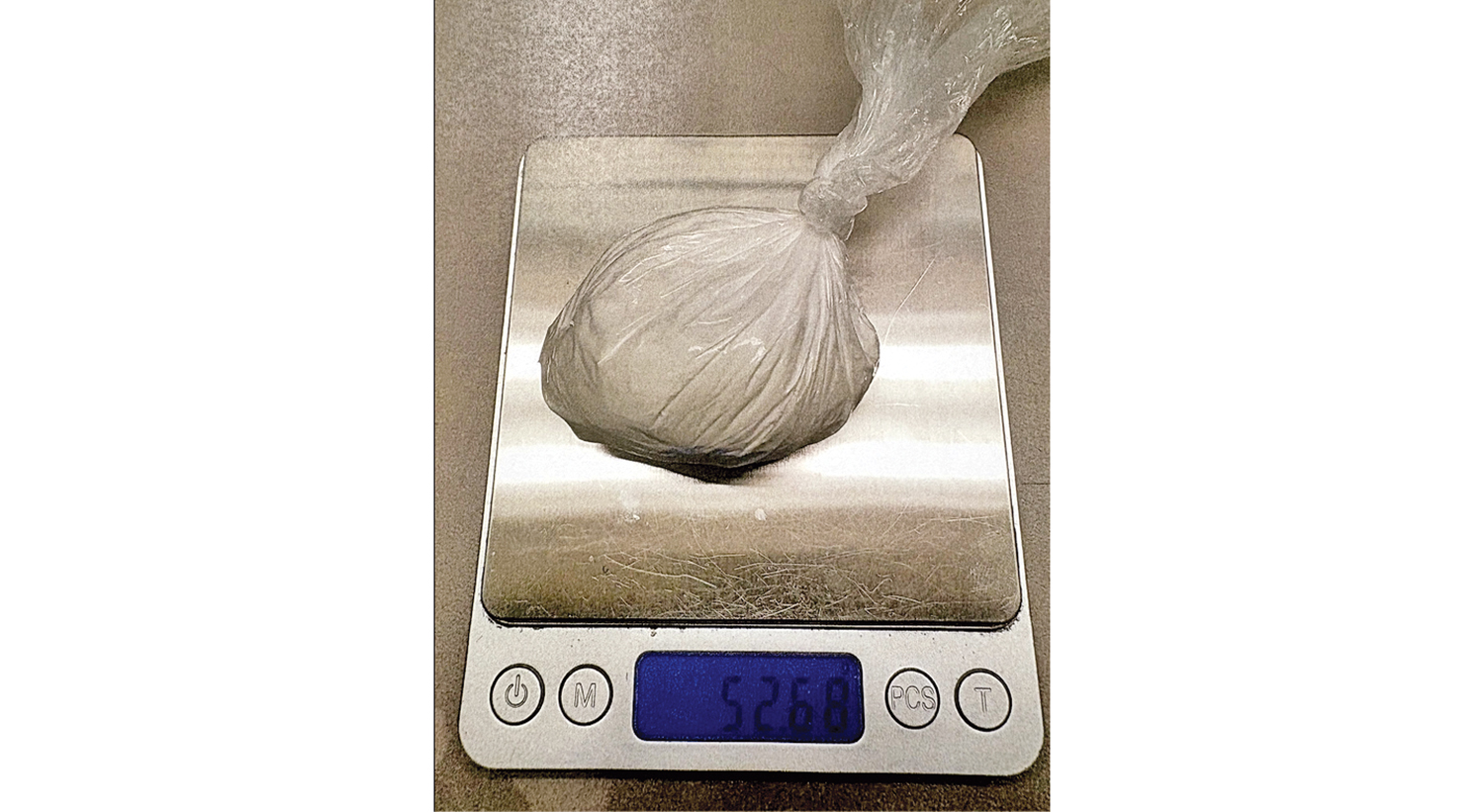Proper legal documents can help heirs avoid probate court
Published 11:25 pm Friday, July 31, 2020
Dear Lawyer Mark: I have a question about my home place. I want my kids to have it when I die, and did a will that says they get it.
A friend of mine just got hers from her mom after she died, and said that she had to do a bunch of stuff through probate court to get it in her name.
She said they told her that there was an easier way to do it than going through all that, but her mom would’ve had to do it. Is there a different way?
I don’t want my kids to go through what she did. — Worried Mom
Dear Worried: There are couple ways that you can accomplish what you want to do, but they have very different legal implications.
One method would be to go ahead and deed the property to your children now, but “reserve a life estate” to yourself in the deed.
The life estate gives you the legal right to keep the property and use it during your life, but also means that if you decide to get a mortgage or sell the property, the adult children would have to agree and sign those documents.
If your kids are still minors, you would even need to get probate court approval to sell or mortgage the real estate.
This is because the deed gives them an interest in the real estate now, even though they can’t do anything with it until you die.
Upon your death, one of them would sign an affidavit saying that you have passed away and who the owners are now, attach a death certificate and a letter from the Medicaid Estate Recovery Program stating they don’t have any liens, and record it with the Recorder’s office.
At that point, the property would be the children’s and no probate court proceedings would be necessary to transfer the property.
Another method is to file a “Transfer on Death Affidavit.”
This document must be signed by all the owners of a property, and essentially says that when they all die, they want particular people to become the new owners. This document must be recorded at the Recorder’s Office while the owners are still alive.
A Transfer on Death Affidavit is different from a deed because you do not transfer a legal interest in the real estate now.
You still completely control the property during your lifetime, and can sell it, mortgage it or even file a new affidavit to change who you want to receive it.
This allows more flexibility in estate planning, and when you die, if there is an affidavit on file, the procedure to transfer the real estate is the same as above.
By the way, Ohio also now allows an individual owner of an automobile to record a transfer on death affidavit naming a beneficiary for the car, which can help most people avoid probate court and administering estates.
Thought for the Week: “Wealth flows from energy and ideas.” William Feather
It’s The Law is written by attorney Mark K. McCown in response to legal questions received by him. If you have a question, please forward it to Mark K. McCown, 311 Park Avenue, Ironton, Ohio 45638, or e-mail it to him at LawyerMark@yahoo.com. The right to condense and/or edit all questions is reserved.






